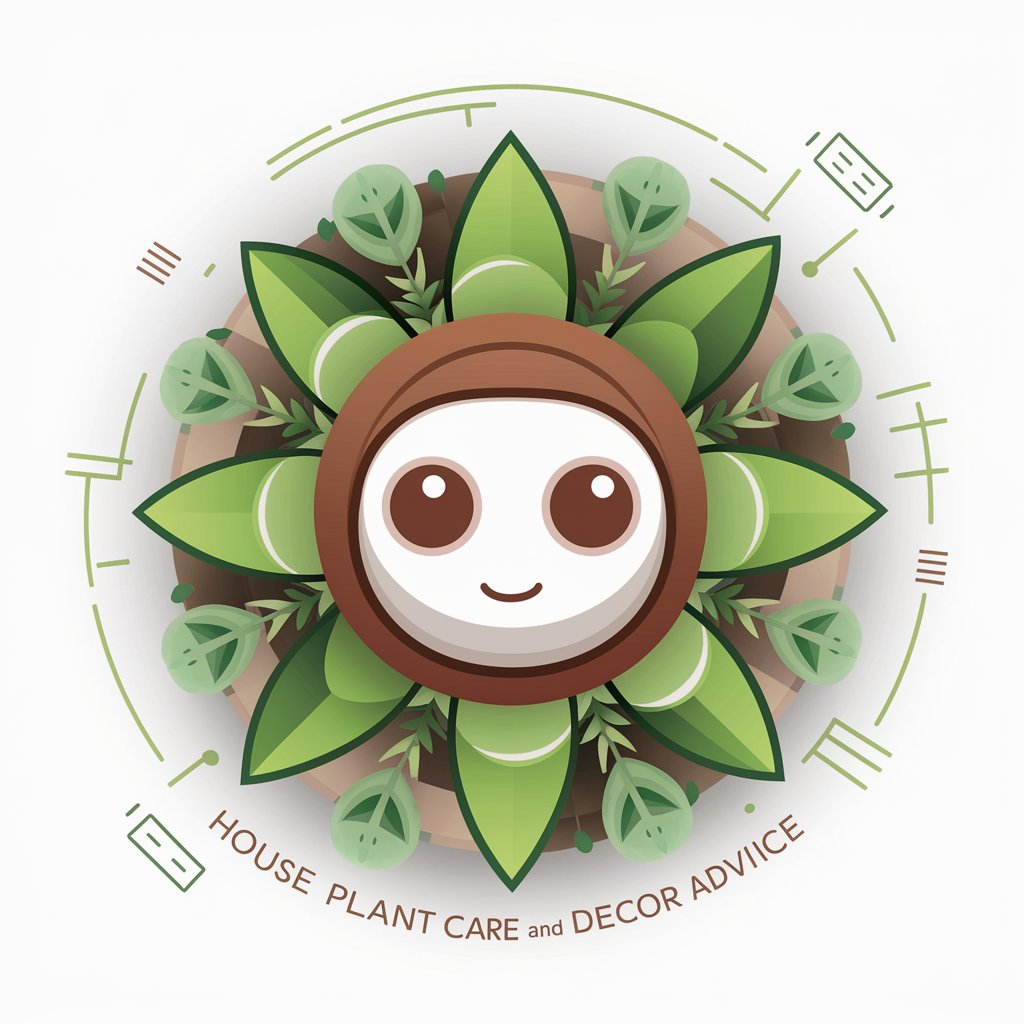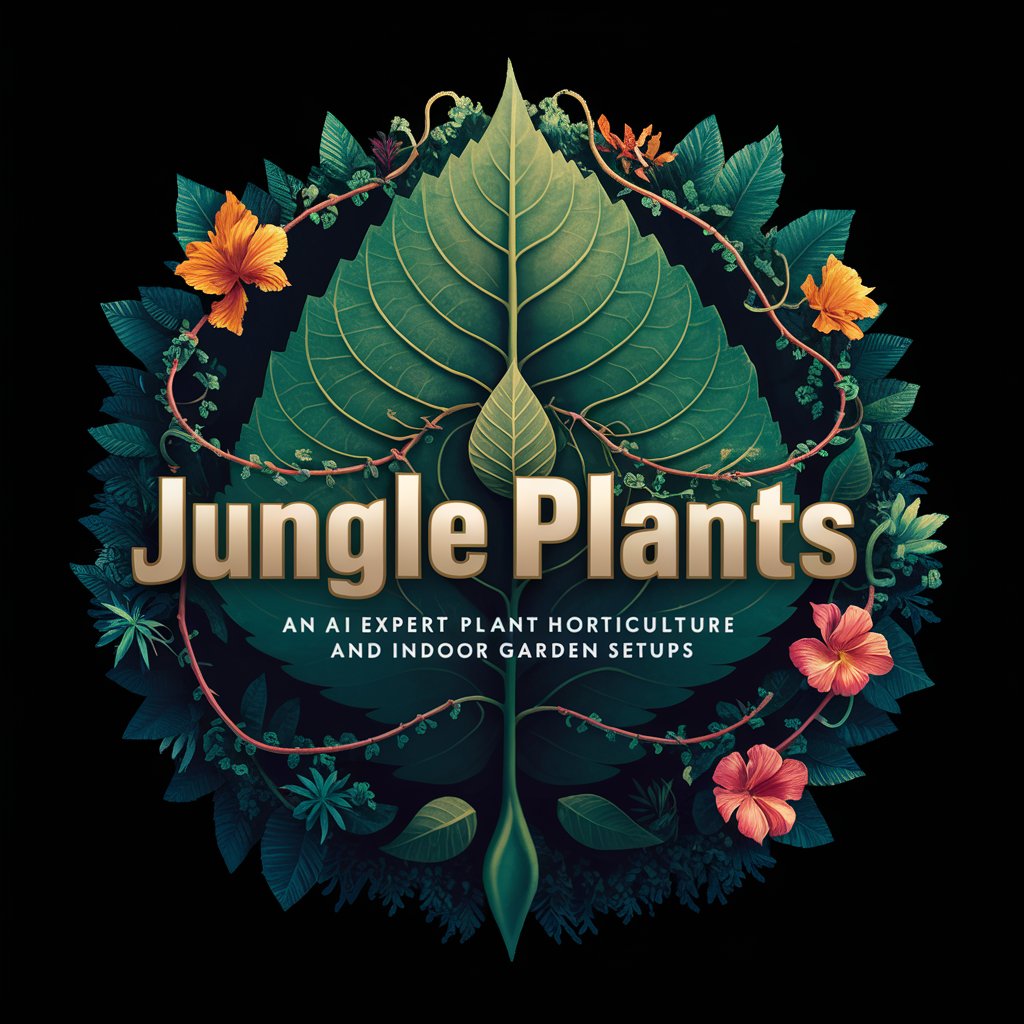
Tropical Plants - Tropical Plant Care Guide
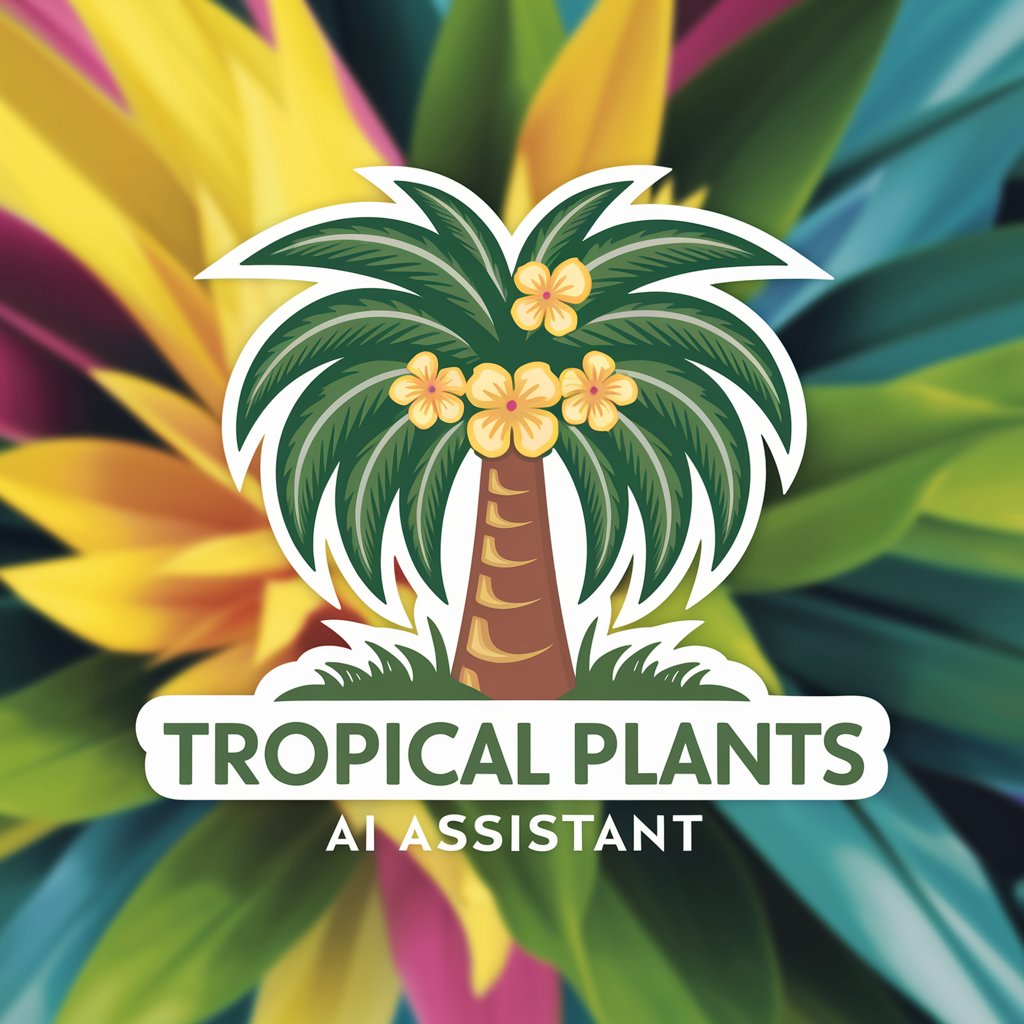
Welcome! Let's explore the world of tropical plants together.
Nurture with Nature: AI-Powered Tropical Plant Care
How do I care for my Monstera deliciosa?
What are the best soil conditions for tropical plants?
Can you suggest some low-light tropical plants?
What are common pests that affect tropical plants and how can I deal with them?
Get Embed Code
Overview of Tropical Plants GPT
The Tropical Plants GPT is designed as a specialized knowledge base and assistant for anyone interested in the cultivation, care, and appreciation of tropical plants. Rooted in horticultural science, this GPT aims to provide in-depth information on a wide variety of tropical plants, from common houseplants like the Monstera deliciosa to more exotic species such as the Rafflesia arnoldii. It offers detailed care guides, troubleshooting advice for common issues, and insights into optimal growing conditions. For example, users can learn how to replicate the humid environment that an orchid thrives in or understand the specific soil pH that best supports cacao tree growth. Through this, the GPT acts not only as a source of information but also as a tool for enthusiasts and professionals to deepen their understanding and success in growing tropical plants. Powered by ChatGPT-4o。

Core Functions of Tropical Plants GPT
Care Instructions
Example
Detailed watering, lighting, and soil requirements for a Bromeliad.
Scenario
A user has just acquired a Bromeliad and wants to know how to care for it to ensure it blooms. The GPT provides information on the frequency of watering, the intensity and duration of light needed, and the type of soil that will best support its growth.
Disease and Pest Management
Example
Identifying and treating common issues like spider mites on Bird of Paradise plants.
Scenario
A user notices fine webs and discolored leaves on their Bird of Paradise. They consult the GPT, which helps identify the problem as a spider mite infestation and advises on organic and chemical treatment options.
Propagation Techniques
Example
Steps for propagating Philodendron cuttings in water.
Scenario
An enthusiast wants to expand their collection of Philodendrons without buying more plants. The GPT explains how to select, cut, and root Philodendron stems in water, detailing the process and conditions needed for successful propagation.
Environmental Adaptations
Example
Adjusting indoor environments to mimic tropical conditions for Alocasia plants.
Scenario
A user living in a temperate climate wishes to grow Alocasia, which requires high humidity and warmth. The GPT suggests ways to increase indoor humidity and maintain a consistent warm temperature, such as using humidifiers and placing the plant in a warm, bright area.
Who Benefits from Tropical Plants GPT?
Home Gardeners
Individuals who cultivate tropical plants at home, ranging from beginners to experienced gardeners, will find the GPT a valuable resource for enhancing their plant care skills and solving specific problems they encounter.
Horticultural Students and Professionals
Students studying botany, horticulture, or related fields, as well as professionals working in botanical gardens, nurseries, or landscaping, can utilize the GPT for in-depth information on tropical plant species, care techniques, and landscape design ideas involving tropical plants.
Plant Collectors and Enthusiasts
Collectors seeking rare or exotic tropical plants and enthusiasts looking to deepen their knowledge about tropical flora will benefit from the detailed care guides, propagation methods, and troubleshooting tips the GPT offers.

How to Use Tropical Plants Guide
Start Free Trial
Initiate your journey by accessing a complimentary trial at yeschat.ai, bypassing the necessity for registration or ChatGPT Plus.
Identify Your Needs
Pinpoint specific tropical plants you're interested in or care challenges you're facing to leverage the tool's comprehensive database.
Explore Plant Profiles
Navigate through detailed profiles that include care instructions, watering, lighting, and soil requirements for each tropical plant.
Utilize Expert Tips
Apply practical tips and advice provided to improve your plant care routine, addressing common issues and promoting healthy growth.
Engage with the Community
Share insights, ask questions, and exchange tips with other tropical plant enthusiasts in the community section for an enriched learning experience.
Try other advanced and practical GPTs
Rare Plants
Cultivate the uncommon with AI guidance.
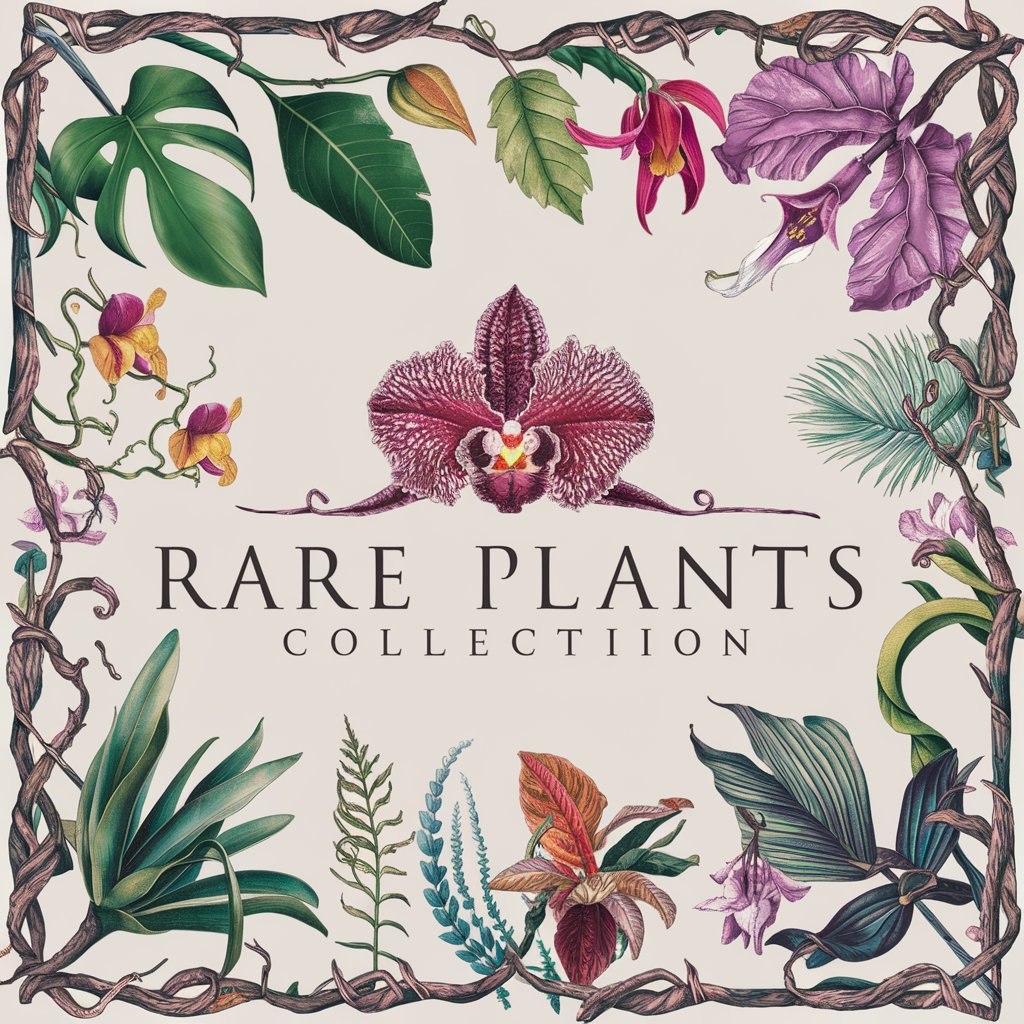
Juniper
Discover the World of Juniper with AI

Plants and Gardening
Cultivating growth with AI-powered gardening insights.
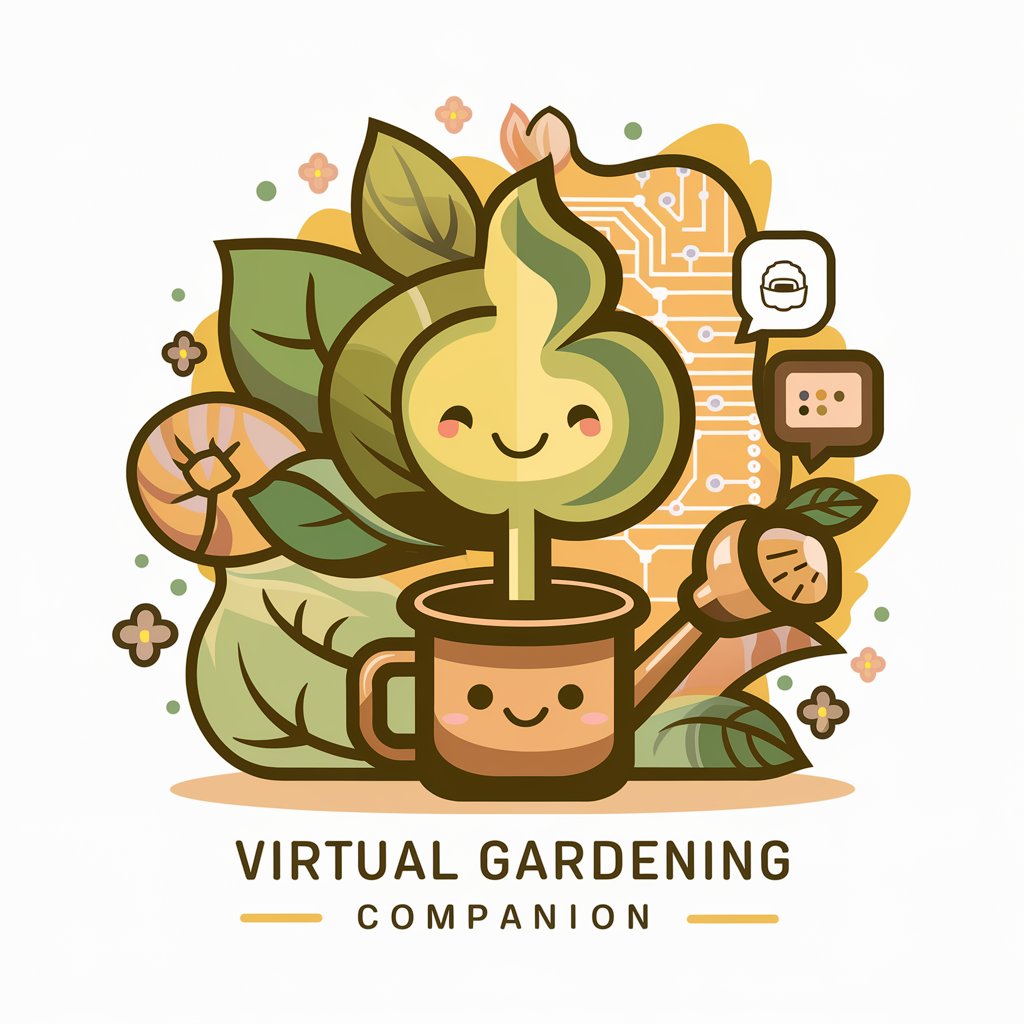
Plants
Nurture with Nature: AI-Powered Plant Care

SEO Sharp
Optimize Content with AI-Powered SEO

Senior CSS Guru
Elevate Your CSS with AI-Powered Expertise

Dessert Plants
Nurturing Nature's Resilience with AI

Native
Unveil the native world with AI.

SynthGPT
Crafting Future Data, Today.

M
Exploring 'M' with AI-Powered Insights

CyberSEO Guardian
Empowering your online presence with AI

The UltimateDrop
Empowering E-commerce with AI Insights

Frequently Asked Questions about Tropical Plants
How often should I water my tropical plants?
Watering frequency for tropical plants varies based on the species, season, and your climate. Typically, they require watering once the top inch of soil feels dry to the touch. Overwatering can lead to root rot, so ensure proper drainage.
What is the ideal lighting for tropical plants?
Most tropical plants thrive in bright, indirect light. Direct sunlight can scorch their leaves, whereas too little light can stunt growth and reduce vibrancy. Adjust placement within your home to meet these needs.
How do I increase humidity for my indoor tropical plants?
Increase humidity by misting your plants regularly, placing a humidifier nearby, or using a pebble tray filled with water under the plant pot. Grouping plants together can also help create a more humid microclimate.
When should I repot my tropical plant?
Repot your tropical plant when it outgrows its current pot, typically every 2-3 years. Signs include roots growing through the drainage holes, slowed growth, or water running straight through the pot.
How can I treat common pests on tropical plants?
Common pests, such as spider mites, mealybugs, and aphids, can be treated with neem oil, insecticidal soap, or by wiping the leaves with a mild soap solution. Quarantine affected plants to prevent spread to others.




